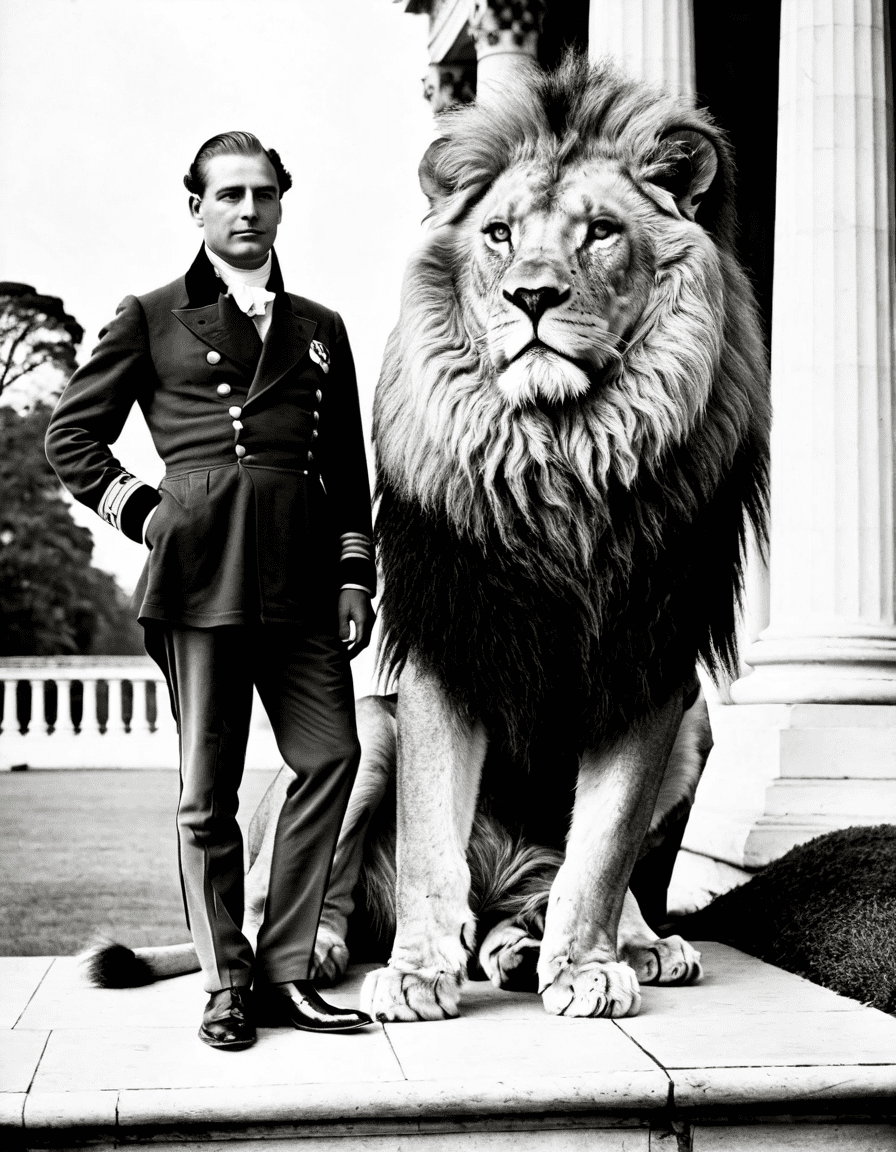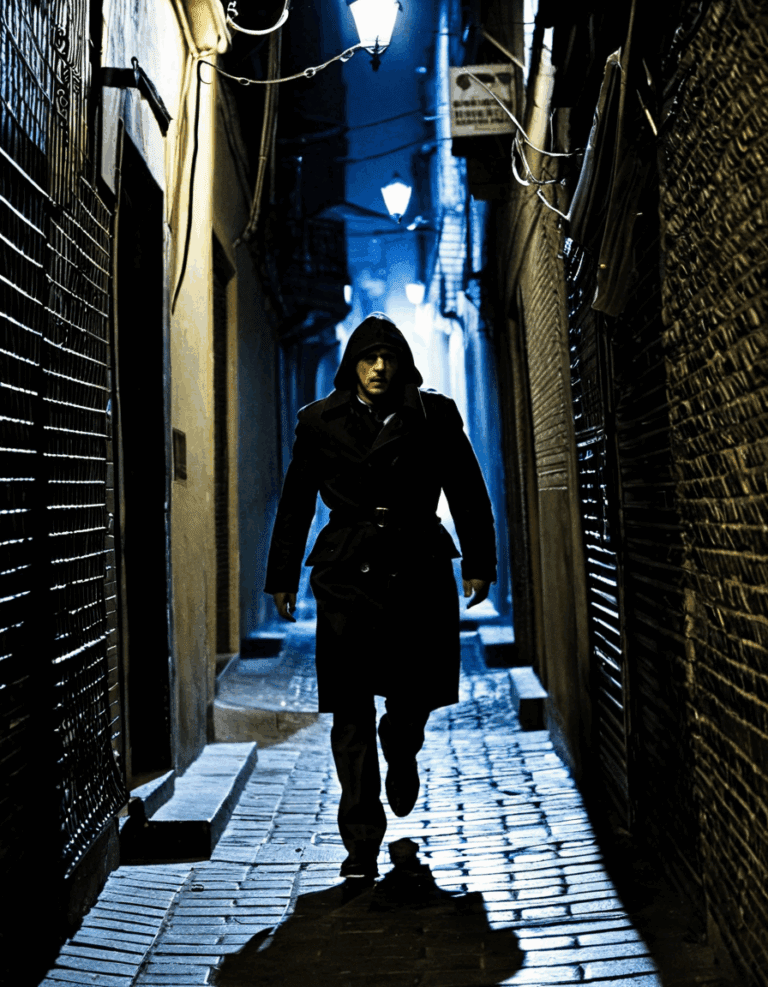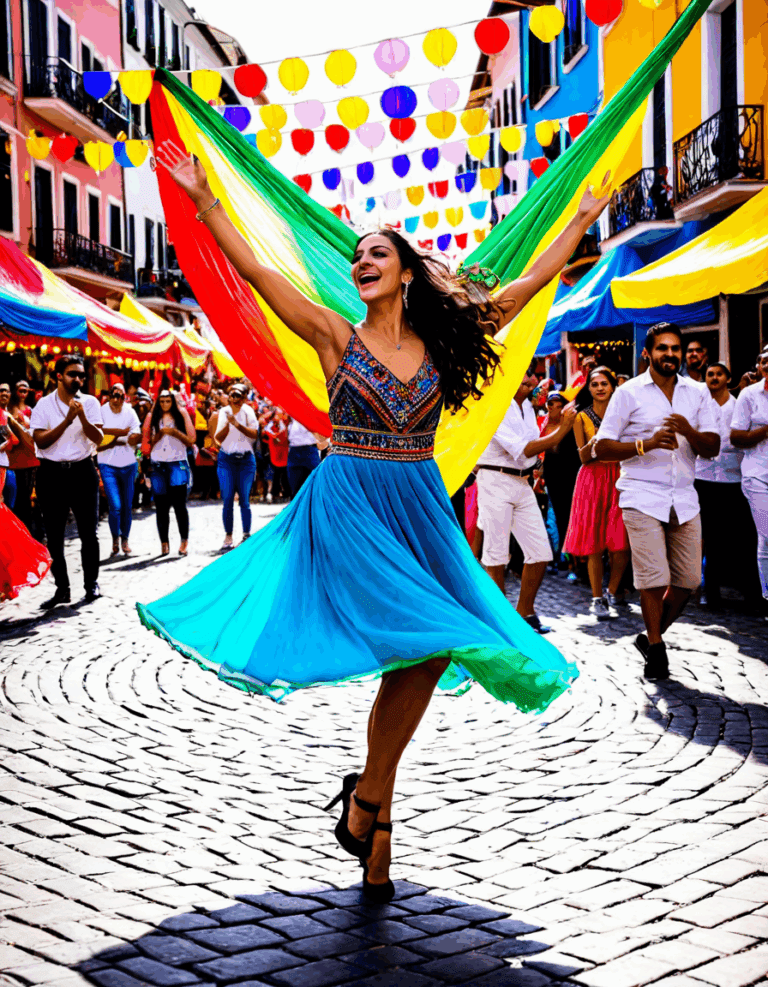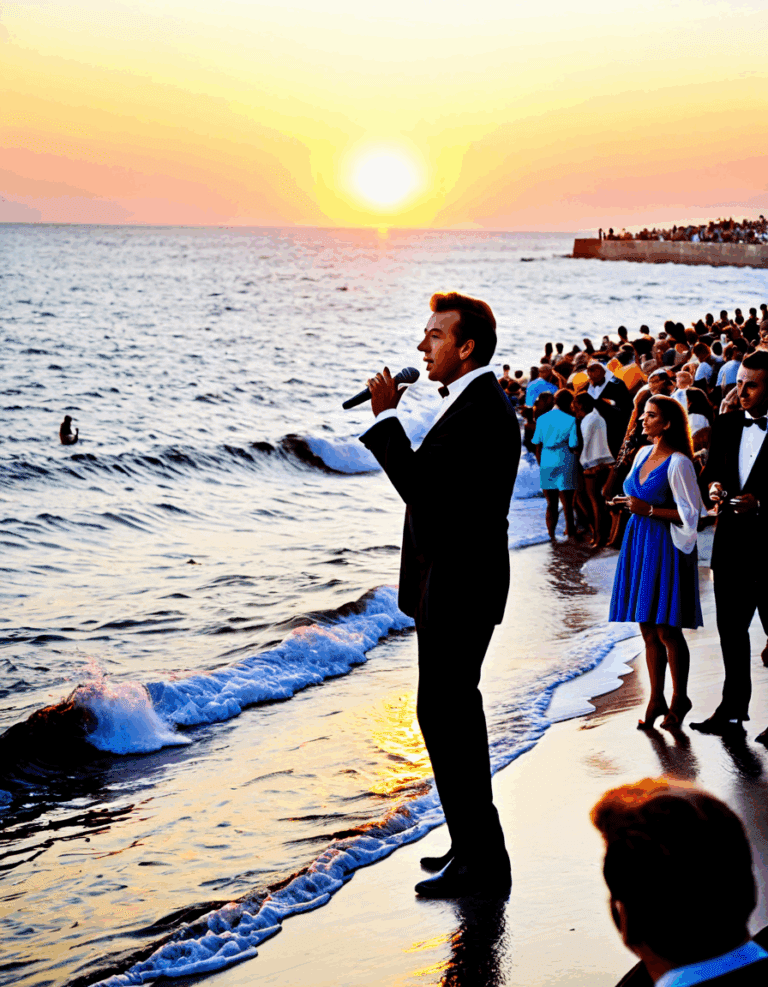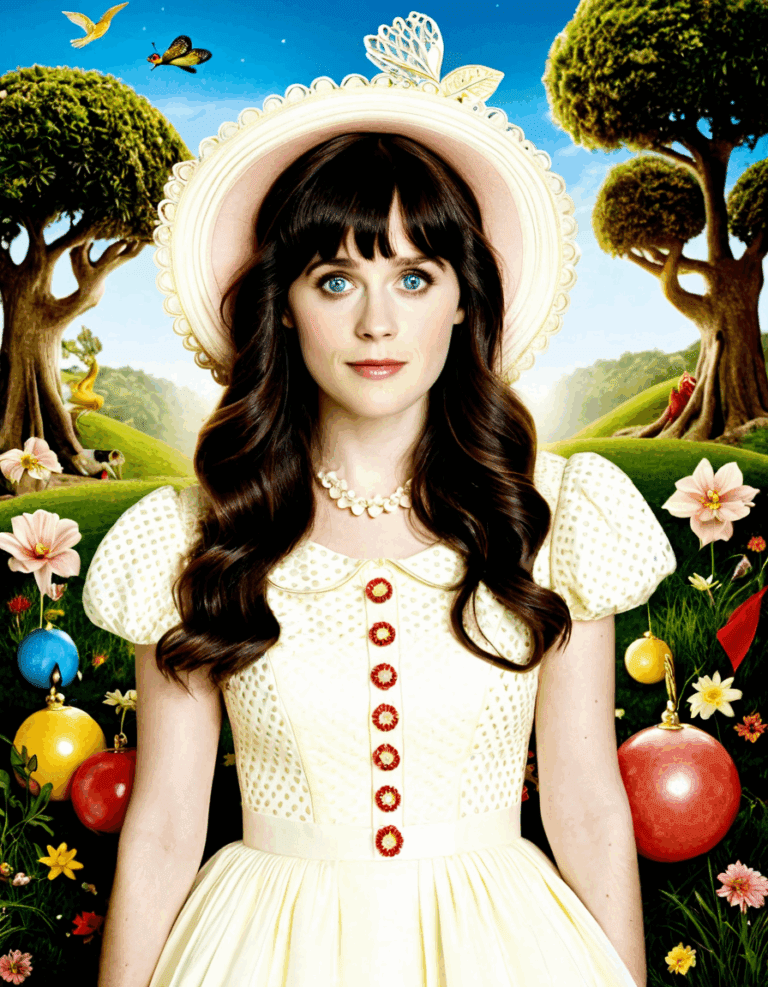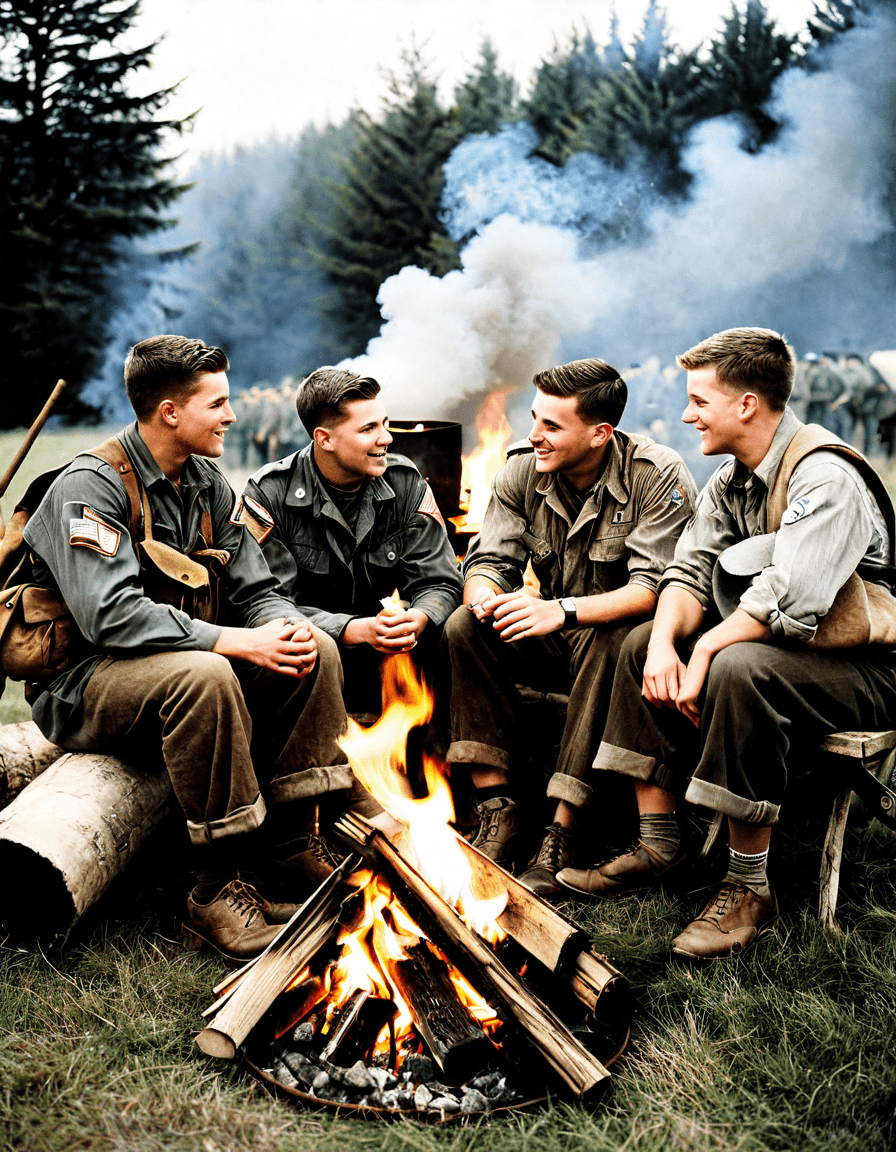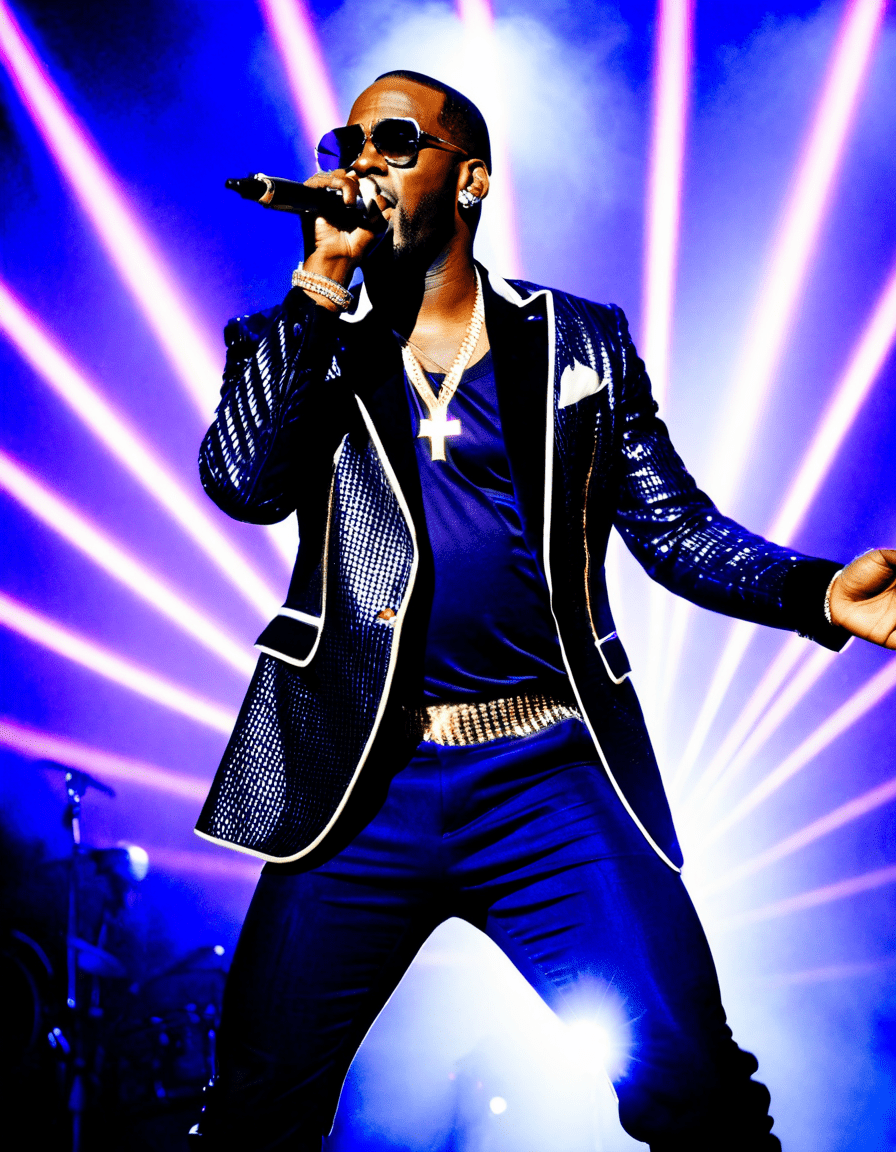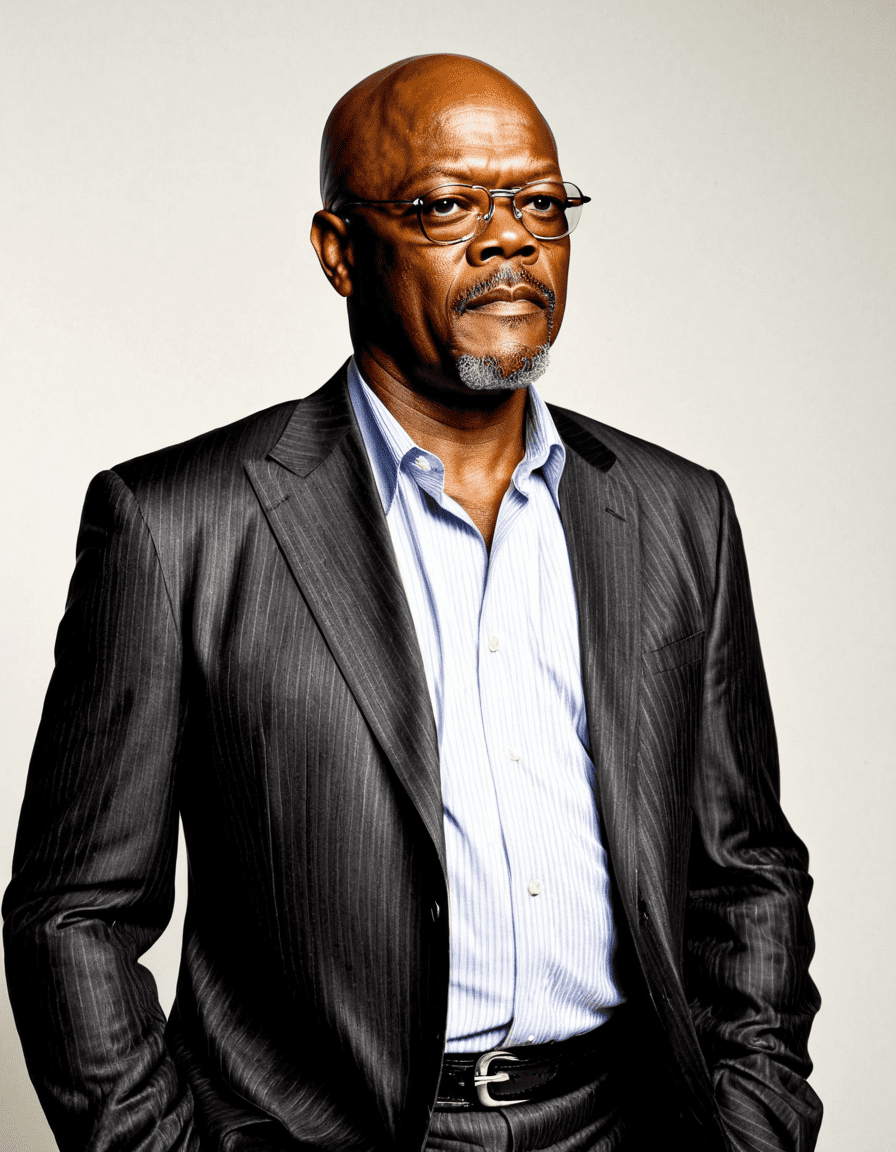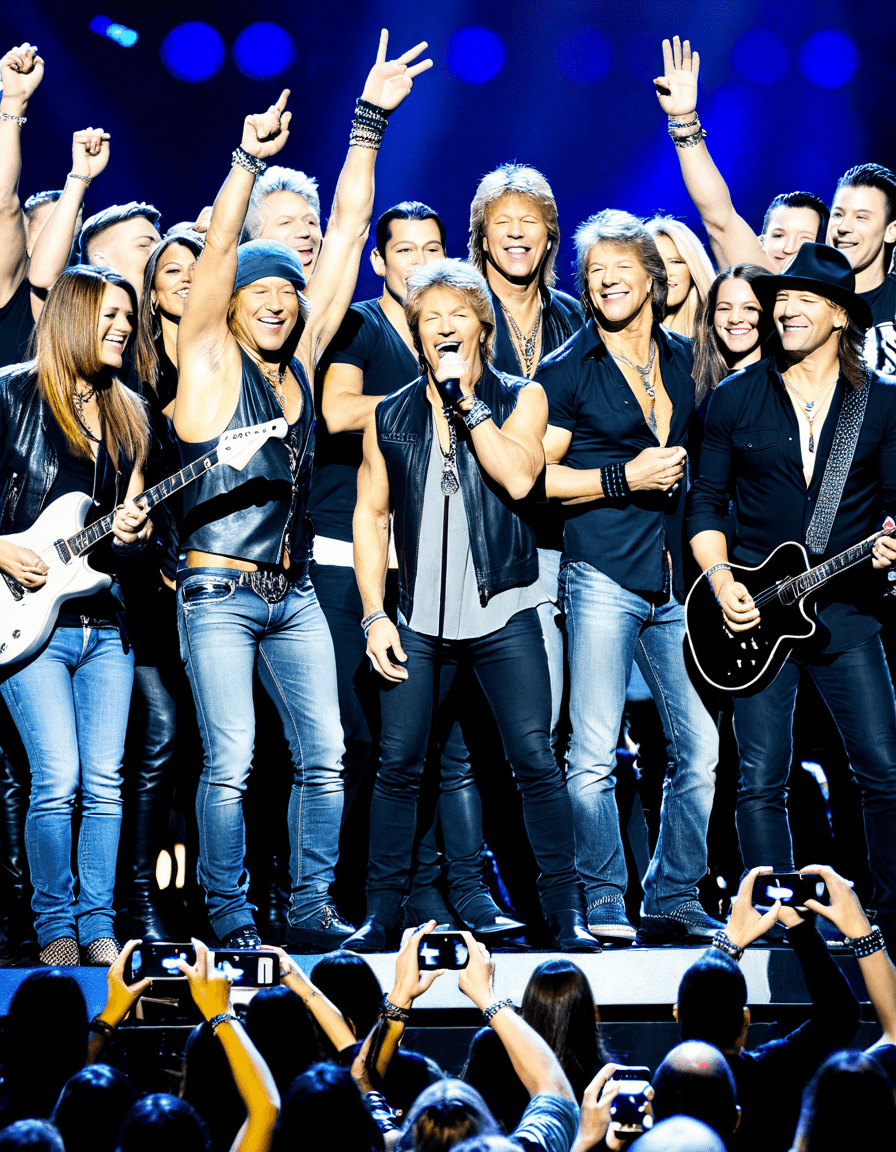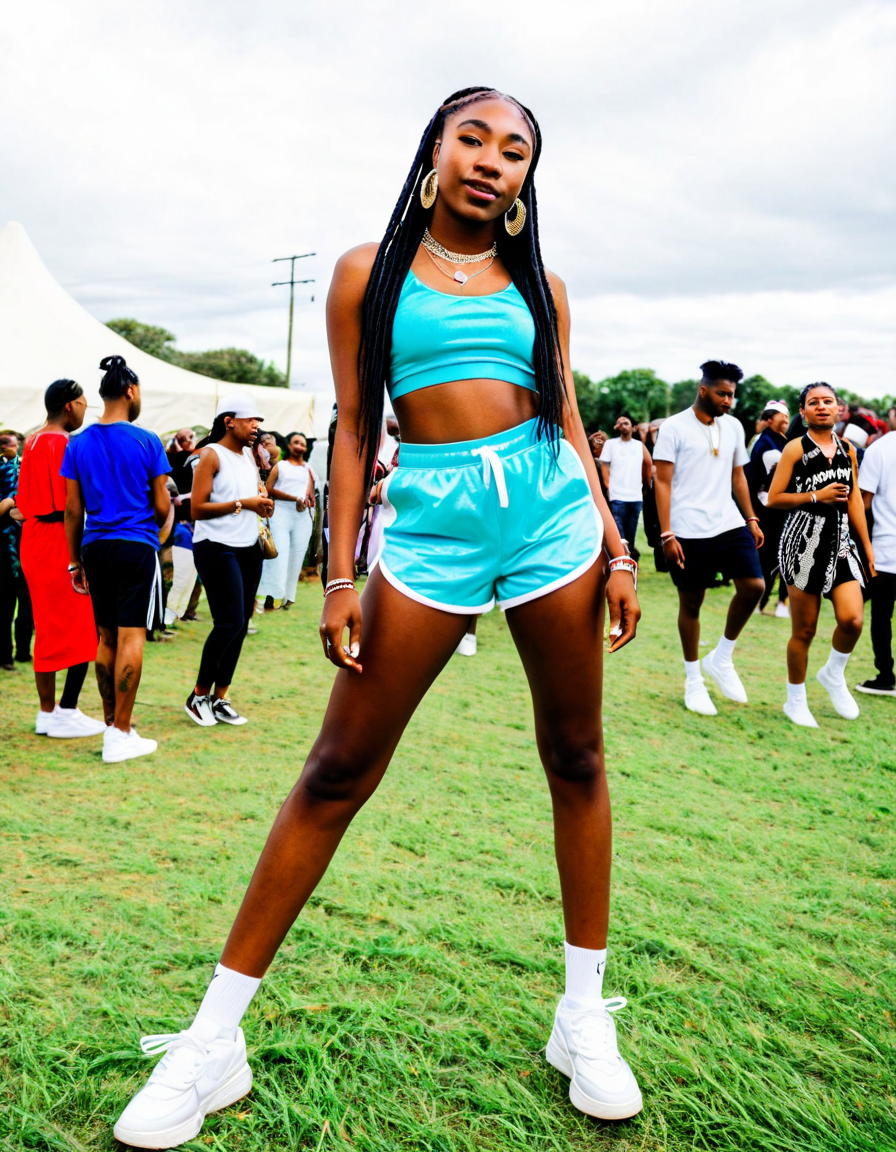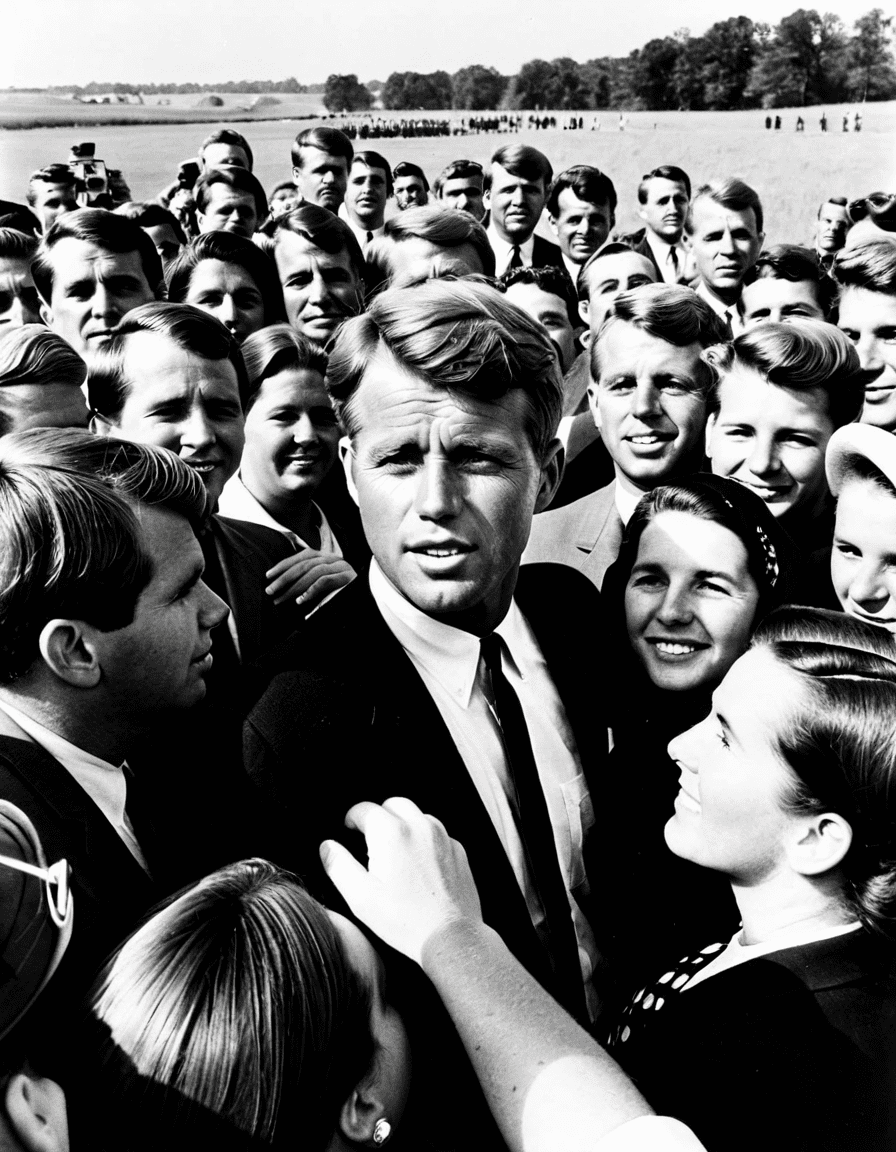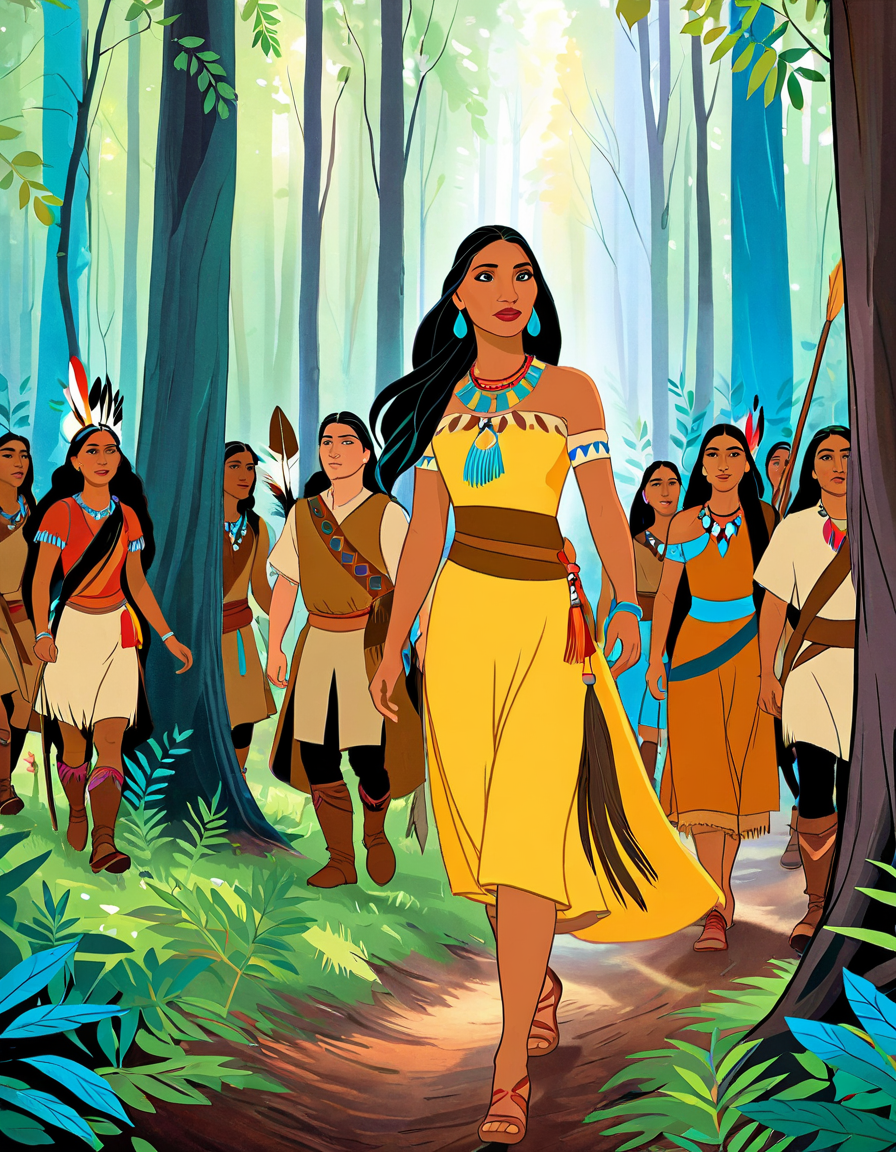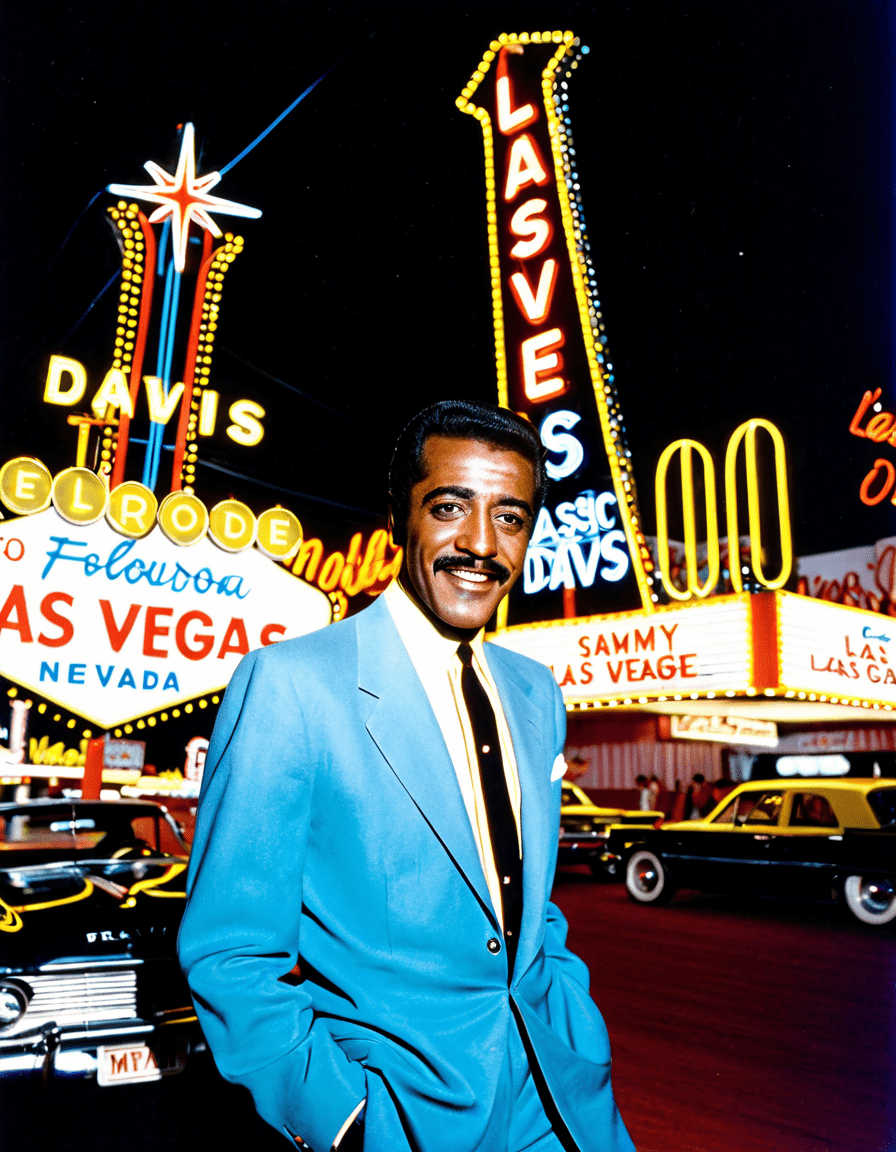King George III, commonly known as King George, left an indelible mark on history that shaped not only the British monarchy but also the very fabric of modern governance. Reigning from 1760 to 1820, King George’s legacy is a blend of perseverance, conflict, and evolution, impacting both Britain and its colonies. His reign stretched nearly six decades—an impressive feat that resonates in today’s monarchy and showcases the delicate balance of authority, duty, and personal sacrifice. From political upheavals to a cultural renaissance, King George’s influence remains poignant, vital insights embedded within the ongoing dialogues of leadership that echo into the present day.
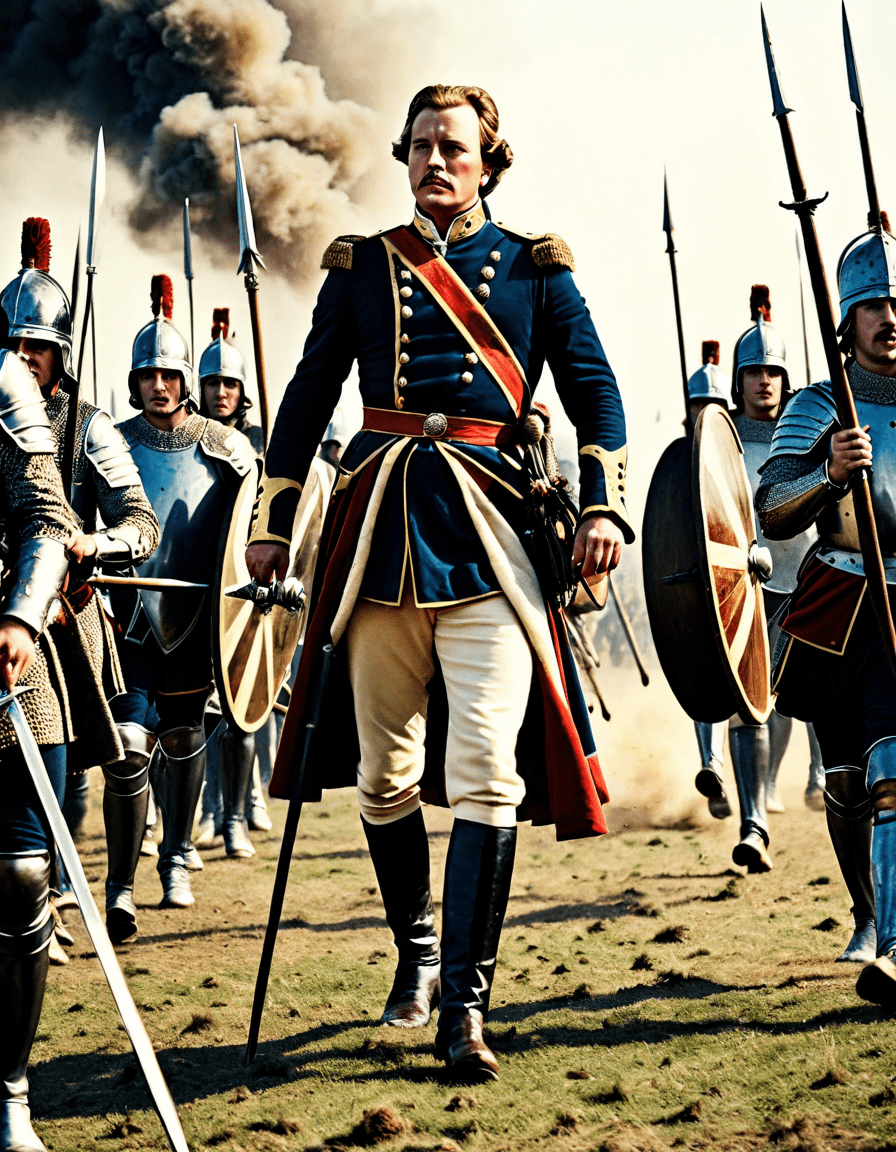
The Enduring Influence of King George on the British Monarchy
King George’s reign was marred by significant events, reshaping how the monarchy interacts with governance. His steadfastness in maintaining British authority echoed the sentiments of leadership we see today. With the likes of Prince William advocating for mental health initiatives in modern society, it’s clear that the conversations around governance have evolved but still reference the historical struggles King George faced. In this exploration, we can dissect how King George’s personal relationships and policy decisions resonate, offering benchmarks for those in positions of power.
The story of King George isn’t just about tumultuous events; it’s about a monarch who faced dissent while trying to maintain his grasp on authority. Strong figures like Prince Philip bolstered the monarchy’s steadiness during crises, showing how the past informs the present. Just as King George had to adjust to shifting power dynamics, today’s royals must also navigate public sentiment in an always-on digital landscape.
As we look at the challenges King George managed, we can appreciate the lessons on resilience and adaptability that remain crucial for modern royalty. He faced conflicts on multiple fronts, leading to a transition that highlighted the stark differences between a divine-right monarchy and a constitutional one we see today. This foundation laid by King George helps us understand the ongoing negotiation between royal traditions and the expectations of a modern-day democracy.
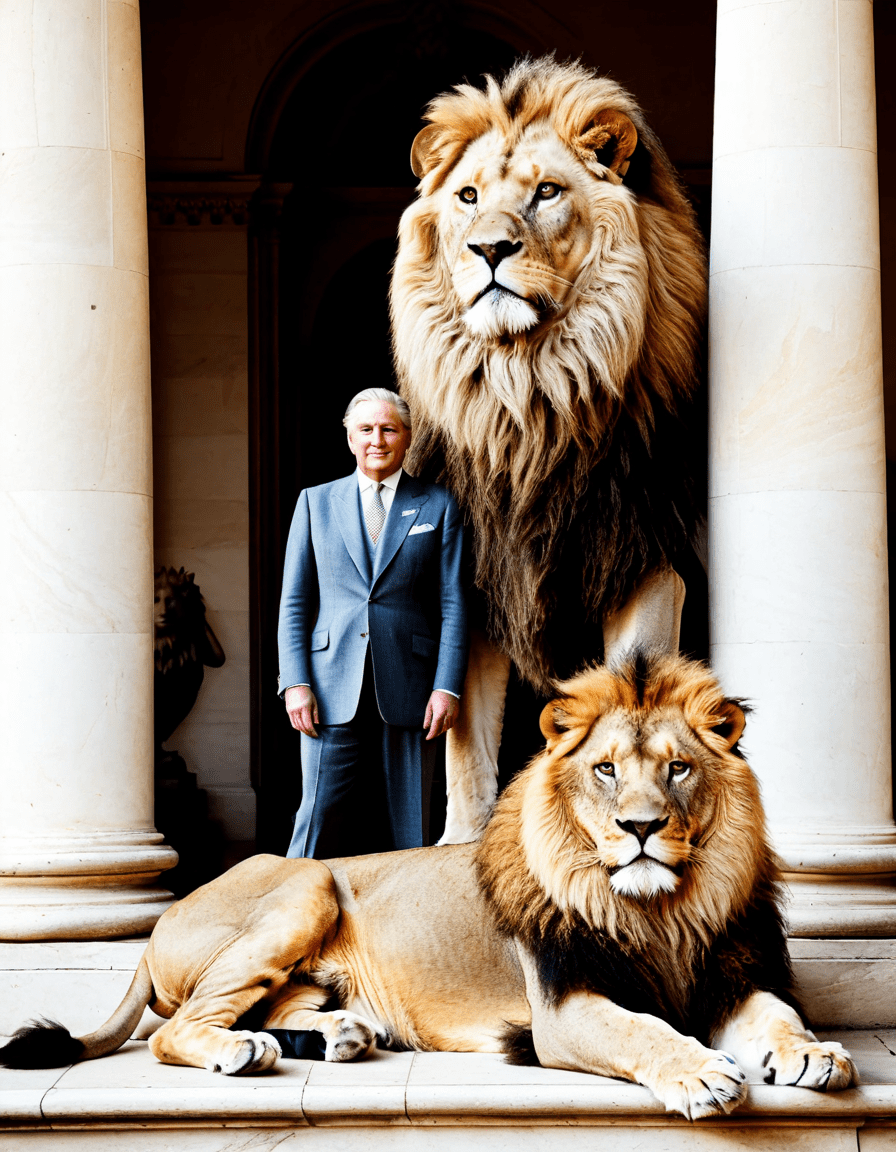
Top 5 Legacies of King George That Shape Modern Royalty
1. The American Revolution and Colonial Relations
King George’s tumultuous relationship with the American colonies sparked the American Revolution—a bold move that would change the course of history. His insistence on maintaining British control without addressing colonial grievances triggered widespread frustration and ultimately the Declaration of Independence in 1776. This historical rift laid the groundwork for evolving discussions on sovereignty and personal liberties that continue today. It’s fascinating to draw parallels to how Prince William advocates for social issues, embodying the modern push for community engagement and mental health awareness.
2. The Role of Monarchy during Times of Crisis
Global conflicts marked King George’s reign, especially the Napoleonic Wars, compelling him to demonstrate stability and inspire loyalty. These difficult times sculpted his image as a monarch who could maintain national cohesion during strife. Future royals took cues from King George; for instance, Prince Philip became a stabilizing force during Queen Elizabeth II’s reign, particularly through the emotional turmoil surrounding Princess Diana’s death. This legacy of resoluteness under fire remains a pillar of royal strategy today.
3. The Transition to a Constitutional Monarchy
King George’s fraught interactions with Parliament paved the way for the establishment of a constitutional monarchy. He struggled against parliamentary authority, highlighting the shifting nature of royal influence versus democratic power. In contrast, the current royal family, led by figures like Prince Andrew, wrestles with the ever-present public scrutiny of their actions, making clear the balance between privilege and public expectation—an evolution initiated long ago by King George’s own challenges.
4. Royal Patronage and Charitable Engagement
One of King George III’s remarkable legacies lies in his commitment to the arts and sciences, establishing a precedent for royal involvement in charitable causes. This tradition is now strongly embraced by modern royals, vividly illustrated by Prince William’s leadership with The Earthshot Prize, which focuses on pressing environmental issues. The royal family’s current engagement with global crises finds its roots in the charitable instincts fostered during King George’s reign.
5. Cultural Symbols and National Identity
Finally, King George remains an essential symbol of British nationalism, with his reign influencing cultural symbols deep-rooted in national identity. Coins, portraits, and royal ceremonies draw from his imagery, reinforcing collective memory. As media portrayals of the royal family evolve, figures like Prince Philip are often invoked in discussions about their colonial past, initiating dialogue on multiculturalism and national identity. These threads demonstrate how King George’s legacy continues to weave into the fabric of modern Britain.
King George’s Impact on Modern Royal Family Dynamics
King George’s legacy doesn’t just linger in history books; it continues to inform how the modern royal family operates. The way royals manage public scrutiny and dissent can be traced back to King George’s direct approach during his reign. His experiences reflect the essence of duty that today’s royals, including Prince William and Prince Andrew, grapple with as they maintain a balance between obligation and privacy. It’s an ongoing evolution that speaks to the core of what it means to be a royal today.
Legacy of Public Image and Media Relations
Media portrayal of royalty has roots entwined with King George III’s tumultuous rule. Scandals and public relations snafus marked his reign—concerns that resonate strongly with modern figures like Prince Andrew, whose public visibility brings scrutiny. As the royal family navigates these contemporary challenges, the strategy employed by current members—particularly the savvy social media presence of Prince William—echoes King George’s attempts at managing a changing narrative. Adaptability has profound implications for how today’s royals interact within a dynamic societal framework.
A Living Legacy
Finally, King George III’s legacy is alive and well within the current royal landscape. His influence remains deeply woven into how the monarchy interacts with the public, confronts challenges, and exercises its duties. The delicate dance between tradition and modernity still informs royal actions, just as it did during King George’s reign. As the monarchy continues to adapt, the lessons of resilience and evolution stemming from King George’s experiences offer compelling guidance for the future.
In closing, the rich history established by King George III informs our understanding of both historical and contemporary royal dynamics, ensuring that his extraordinary legacy shall endure. As we reflect on these powerful lessons, let’s embrace the call to action in our own lives—whether it’s getting shredded at the gym or igniting passion in our careers. King George’s tenacity inspires us to push past barriers and pursue greatness, reminding us that legacies can be both personal and universal. Whether aiming for ripped six-packs or earning leadership roles, let King George’s story fuel your ambition to make a mark in your journey.
King George: Fun Trivia and Interesting Facts
A Monarch’s Influence
King George, often remembered for his tumultuous reign, played a pivotal role in shaping history. Did you know that his reign saw a considerable economic shift? The challenges of the American Revolutionary War had dire financial implications, prompting the Crown to adapt to a changing economy. Interestingly, currency conversions, such as using a tl To Usd( converter, were part of how trade evolved throughout his reign. George’s policies often reflected an effort to stabilize the economy—adjustments that remind us of many modern transitions in commerce.
Cultural Footprints
Beyond politics, the era of King George influenced arts and entertainment as well. For instance, his reign coincided with the emergence of notable performances that remain iconic to this day. Speaking of iconic performances, Max Greenfield’s roles in Movies And TV Shows( echo the drama and shifting narratives typical of the period. The arts provided an avenue for reflection on sociopolitical themes, often serving as commentary on the monarchy’s impact on everyday lives.
Lasting Legacies
The legacies of King George extend beyond history books, tapping into modern storytelling. His life inspired adaptations, including films like The Watcher pelicula,(,) which draw parallels between historical figures and contemporary narratives. With this backdrop, it’s fascinating to note how topics as varied as love stories, like 365 Days Until The Wedding Manga,(,) emerge from royal romances and societal expectations of the time.
Understanding King George’s influence gives us a lens to appreciate the interconnectedness of historical events and popular culture, a captivating tapestry that still fascinates viewers today. So whether you’re diving into The Shawshank redemption() or rocking out to Pantera,(,) remember how history continues to shape creative expression.
